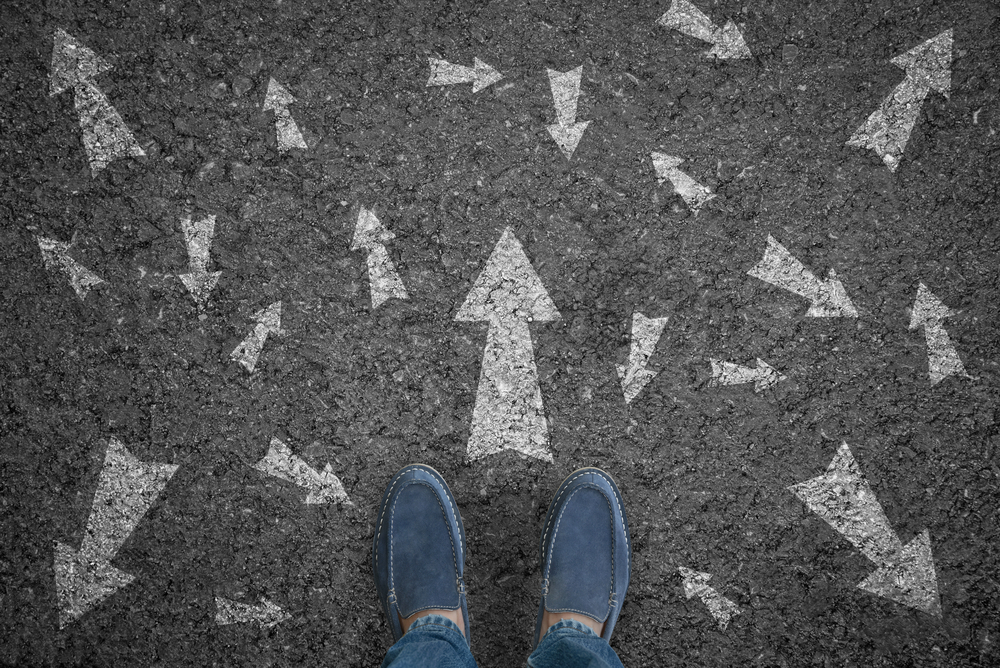In our rapidly evolving digital age, the constant barrage of information and stimuli has become a defining feature of the modern lifestyle. From the moment we wake up to the incessant buzz of alarms, notifications, and messages, our days are punctuated by a digital cacophony that leaves little room for mental reprieve. This relentless stream of data, combined with the pressures of daily responsibilities, has given rise to a state of chronic mental clutter—a pervasive condition marked by an overload of thoughts, worries, and cognitive fatigue. It’s a phenomenon that not only challenges our ability to process information effectively but also precipitates a cascade of emotional and psychological imbalances.
The ever-increasing pace of life, compounded by the expectation to be continually connected and responsive, has transformed our mental landscape, often leading to heightened stress levels, diminished focus, and a pervasive sense of being mentally overwhelmed. This is where the concept of mental detoxification becomes not just relevant, but essential. A mental detox offers a vital respite for the mind, allowing us to sift through the mental fog, filter out the noise, and regain a sense of clarity and equilibrium.
Navigating mental clutter requires more than just occasional breaks from technology; it demands a deliberate and sustained effort to cultivate mindfulness and emotional balance. This journey is about developing strategies to declutter the mind, embrace stillness, and foster a deeper sense of presence and awareness. It’s about learning to navigate the intricacies of our inner thoughts and emotions, and harnessing the tools necessary to maintain a healthy, balanced mental state amidst the chaos of the modern world.
As we delve into the realm of mental detoxification, we embark on a transformative journey – one that promises not only to clear the mind but also to enrich the soul. This journey, “Navigating Mental Clutter: A Journey to Emotional Balance and Mindfulness,” is an invitation to explore the various facets of mental well-being and discover practical ways to achieve a harmonious balance between our internal and external worlds. It’s a path towards reclaiming our mental space, enhancing our emotional resilience, and unlocking a more mindful, serene state of being.
Understanding Mental Clutter: Mental clutter refers to the overwhelming amount of thoughts, worries, and information that continually occupy our minds. It’s often characterized by an inability to focus, feelings of anxiety, and a general sense of being mentally overwhelmed. This clutter can stem from various sources, including the constant connectivity to digital devices, the pressures of work and personal life, and the rapid pace of modern society.
The Need for Mental Detox: Just as computers require regular maintenance to function optimally, our minds also need periodic detoxification to manage the influx of information and stimuli. Without this mental cleansing, we risk reduced cognitive performance, increased stress levels, and a potential decline in mental health. A mental detox provides a respite for the brain, allowing it to reset and rejuvenate.
Embarking on the Mental Detox Journey:
- Digital Detox: In an age where digital devices are omnipresent, taking deliberate breaks from screens is essential. This could involve specific times of the day free from devices, such as during meals or before bedtime.
- Mindfulness Meditation: This practice involves focusing on the present moment and accepting thoughts and feelings without judgment. Regular mindfulness meditation can help in managing stress and reducing the impact of negative thoughts.
- Journaling: Writing down thoughts and feelings can be therapeutic. It provides a way to express emotions, reflect on experiences, and gain insights into one’s behavior and thought patterns.
- Nature Immersion: Spending time in natural environments has been shown to have a calming effect on the mind. It can improve mood, reduce feelings of stress, and enhance mental clarity.
- Focused Tasking: Switching from multitasking to mono-tasking can improve concentration and task efficiency. It involves dedicating full attention to one task at a time.
- Setting Boundaries: Establishing clear limits in personal and professional life helps prevent burnout. It’s important to learn to say no and prioritize self-care.
Benefits of a Decluttered Mind:
- Enhanced Decision Making: A clear mind can process information more effectively, leading to better decision-making abilities.
- Improved Emotional Regulation: Being able to understand and manage emotions more effectively leads to improved mental health and well-being.
- Increased Productivity: With a decluttered mind, there is an increase in focus and efficiency, leading to better performance in various aspects of life.
- Better Relationships: Mental clarity allows for more meaningful interactions with others, improving communication and understanding in relationships.
The journey to mental detoxification is essential in today’s fast-paced world. Experiences like those offered at the Beach House Goa mindfulness retreat provide a holistic approach to achieving mental clarity and emotional balance. Through personalized programs and practices, the retreat helps individuals navigate mental clutter and embrace a more mindful, balanced lifestyle. The serene environment of the Beach House Goa enhances this journey, making it an ideal destination for those seeking to escape the noise and find inner peace.

